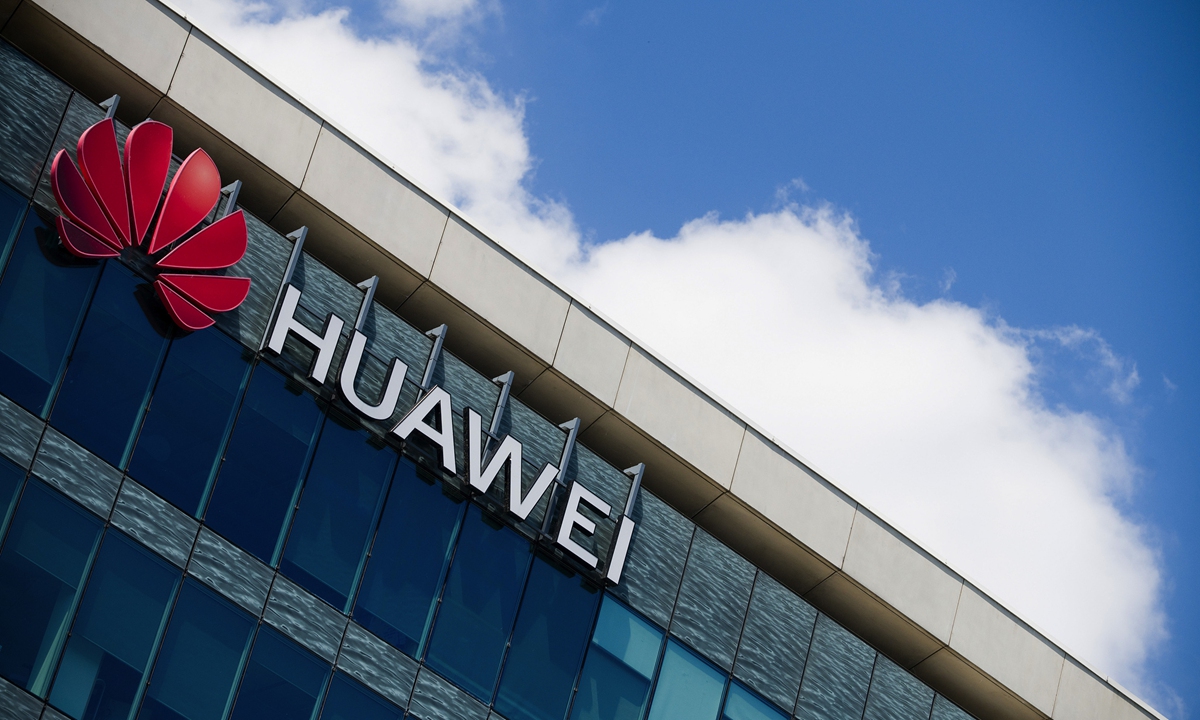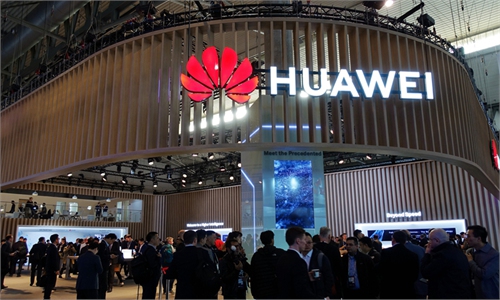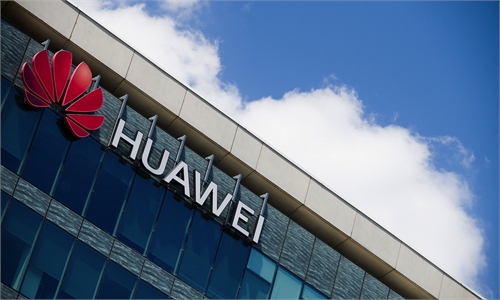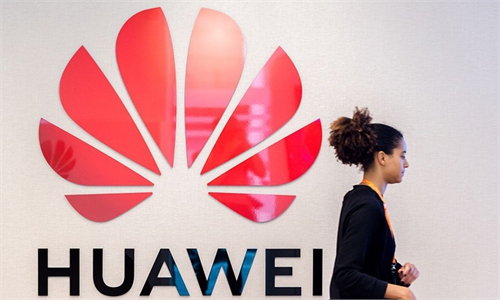US plays 'final card' to block supply to Huawei, forces China to retaliate: analyst

Photo: VCG
The US government on Monday played what Chinese analysts are calling its "final card" by further restricting Huawei's semiconductor chip supplies - a move that the analysts say warrants concrete retaliation from China.
A source close to the government said in May that China was ready to retaliate against the US by targeting US firms like Apple, Qualcomm and Boeing, if the US government moves to cut off chip supplies to Huawei.
The US Department of Commerce announced that it would expand existing restrictions by preventing Huawei from acquiring chips made outside the US but developed or produced with US software or technology. It also added another 38 Huawei affiliates in 21 countries to its Entity List.
Under the amendment to restrictions imposed in May, Huawei is barred from purchasing foreign made chips "to the same degree as comparable US chips," the department said in a statement.
Following an earlier decision to allow a temporary general license to expire on Thursday, the new rule on Monday marks another escalation in the US' clampdown campaign against the Chinese company.
The new rule could pose serious challenges for Huawei, as the company could be cut off from all foreign chip suppliers, Chinese analysts noted.
"The new restrictions have closed all roads for Huawei," Ma Jihua, a veteran industry analyst and close follower of Huawei, told the Global Times on Monday night, adding that suppliers such as MediaTek based on the island of Taiwan and Samsung in South Korea might no longer be able to sell chips to Huawei.
Despite the relentless US' campaign, Huawei's production of smartphones and other products that rely on certain foreign components has been largely unaffected due to the remaining channels. But US Commerce Secretary Wilbur Ross made it clear on Monday that the US was seeking to close those "loopholes."
Huawei did not respond to a Global Times request for comment as of press time on Monday night. But an insider close to the firm said that Huawei has already foreseen the "strictest ever rule" and has prepared for the worst case scenario. "It's within expectation," the insider, who spoke on the condition of anonymity, told the Global Times on Monday.
While Huawei might need to adjust certain business plans to cope with the new rule, the latest move also highlighted the US government's failure to shut down the Chinese company despite its multi-year global campaign and now the US is running out of cards to play, analysts pointed out.
"The new rule also means that the US' previous tricks didn't work on Huawei and the US has basically played all its cards against Huawei," Ma said, noting that Huawei has remained resilient in face of the US' crackdown.
In spite of the US' campaign around the world to force its allies and alike to ban Huawei, the Shenzhen-based company has remained the world's largest supplier of 5G equipment, with a market share of nearly 40 percent in the first quarter of 2020.
By drawing its "final card" on Huawei, the US government also risks facing a backlash from suppliers around the world that sell components worth hundreds of billions of dollars to the Chinese company and could draw retaliation from the Chinese government, analysts said.
"If the US forces Huawei into the corner, the Chinese government will retaliate without hesitation," Ma said.
While repeatedly voicing indignation toward the US' crackdown and vowing to take all necessary measures to protect Chinese interests, China has not taken any direct countermeasures against the US over Huawei. Chinese officials announced in May 2019 the creation of an "unreliable entity list" in wake of the Huawei case, but have not publically revealed the list.
In May, a source close to the Chinese government told the Global Times that China was ready to take a series of countermeasures against the US, if the latter moves to block shipments of chips to Huawei, including launching investigations and imposing restrictions on US firms such as Apple and Qualcomm and halting purchase of Boeing airplanes.
The new move from the US makes it urgent for China to roll out the list, observers said. "It is time for the Chinese side to take strict countermeasures," one observer told the Global Times on Monday.



